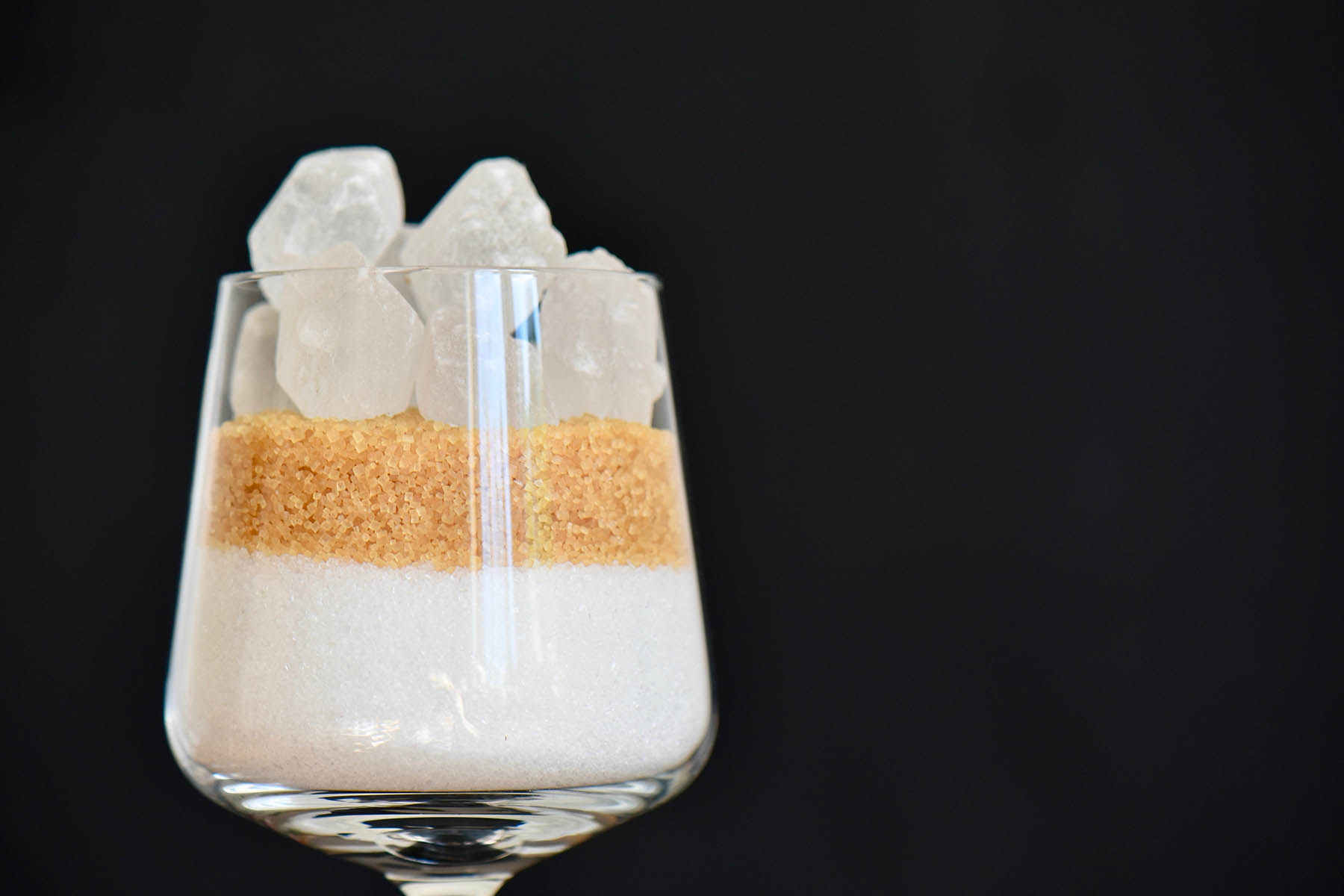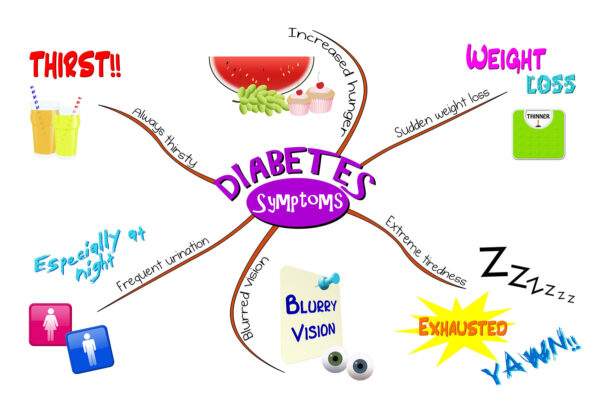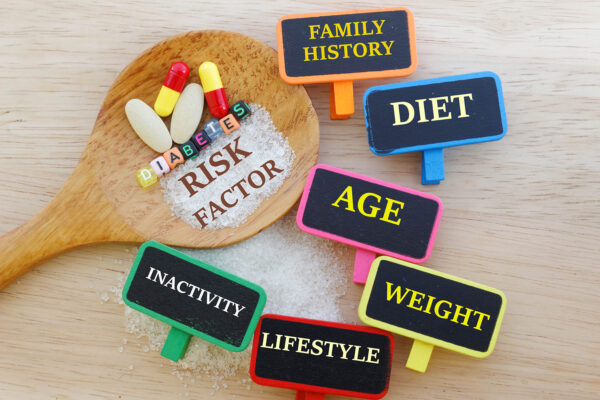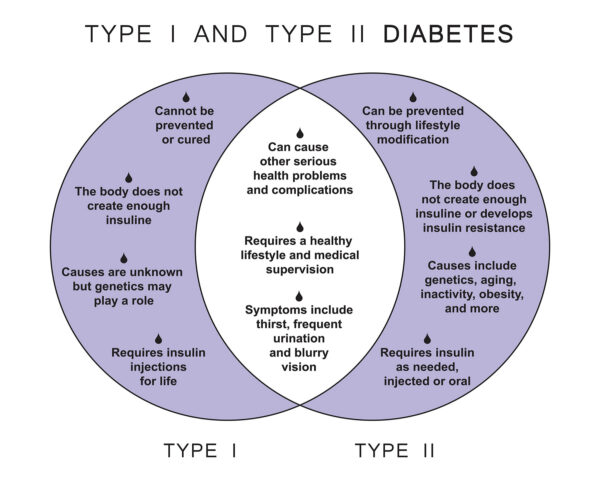Alcoholism and diabetes are two distinct health conditions, but they share a complex and often interrelated relationship. Understanding the connection between alcoholism and diabetes, as well as the potential health risks involved, is crucial for individuals who are managing both conditions. In this article, we will uncover the intricate connection between alcoholism and diabetes and provide strategies for those with diabetes who consume alcohol.
The Connection Between Alcoholism and Diabetes
- Impaired Blood Sugar Control: Excessive alcohol consumption can disrupt blood sugar regulation, leading to high or low blood sugar levels. This can pose significant challenges for individuals with diabetes, as they already have impaired insulin function.
- Liver Function: Chronic alcohol abuse can lead to liver damage, including fatty liver disease and cirrhosis. A compromised liver may affect its ability to regulate blood sugar and metabolize medications, potentially complicating diabetes management.
- Nutritional Deficiencies: Alcoholics often have poor dietary habits, which can result in nutritional deficiencies. This can exacerbate diabetes-related complications and impact overall health.
- Increased Risk of Hypoglycemia: Alcohol can mask the symptoms of hypoglycemia (low blood sugar), making it difficult for individuals with diabetes to recognize and address this potentially dangerous condition.
Health Risks for Individuals with Diabetes and Alcoholism:
- Worsened Diabetes Control: Alcoholism can make it challenging to manage blood sugar levels effectively, increasing the risk of diabetes-related complications.
- Cardiovascular Issues: Both diabetes and excessive alcohol consumption independently increase the risk of heart disease. When combined, they can significantly elevate the risk of cardiovascular problems.
- Neuropathy: Chronic alcoholism and diabetes can contribute to neuropathy, which can result in nerve damage and loss of sensation in the extremities.
- Liver Disease: Individuals with diabetes and alcoholism are at a higher risk of developing liver disease, including non-alcoholic fatty liver disease (NAFLD) and alcoholic liver disease (ALD).
Strategies for Managing Alcoholism and Diabetes:
- Consult a Healthcare Provider: If you have diabetes and are struggling with alcoholism, seek professional help. Your healthcare provider can assist you in managing both conditions effectively.
- Limit Alcohol Consumption: If you choose to consume alcohol, do so in moderation and consult with your healthcare provider about safe limits.
- Monitor Blood Sugar: Regularly monitor your blood sugar levels, especially if you consume alcohol. Be prepared to adjust your insulin or medication doses as needed.
- Healthy Lifestyle: Focus on a healthy lifestyle that includes a balanced diet, regular physical activity, and stress management. These factors can help improve both diabetes control and recovery from alcoholism.
- Support and Counseling: Consider joining a support group or seeking counseling to address the emotional and psychological aspects of alcoholism and diabetes management.
Conclusion: Addressing Alcoholism and Diabetes
The connection between alcoholism and diabetes is intricate and poses unique challenges for individuals dealing with both conditions. Managing alcoholism alongside diabetes requires a comprehensive approach that includes medical guidance, lifestyle changes, and emotional support. By addressing both conditions simultaneously and making informed choices, individuals can work toward better health and improved diabetes management.






